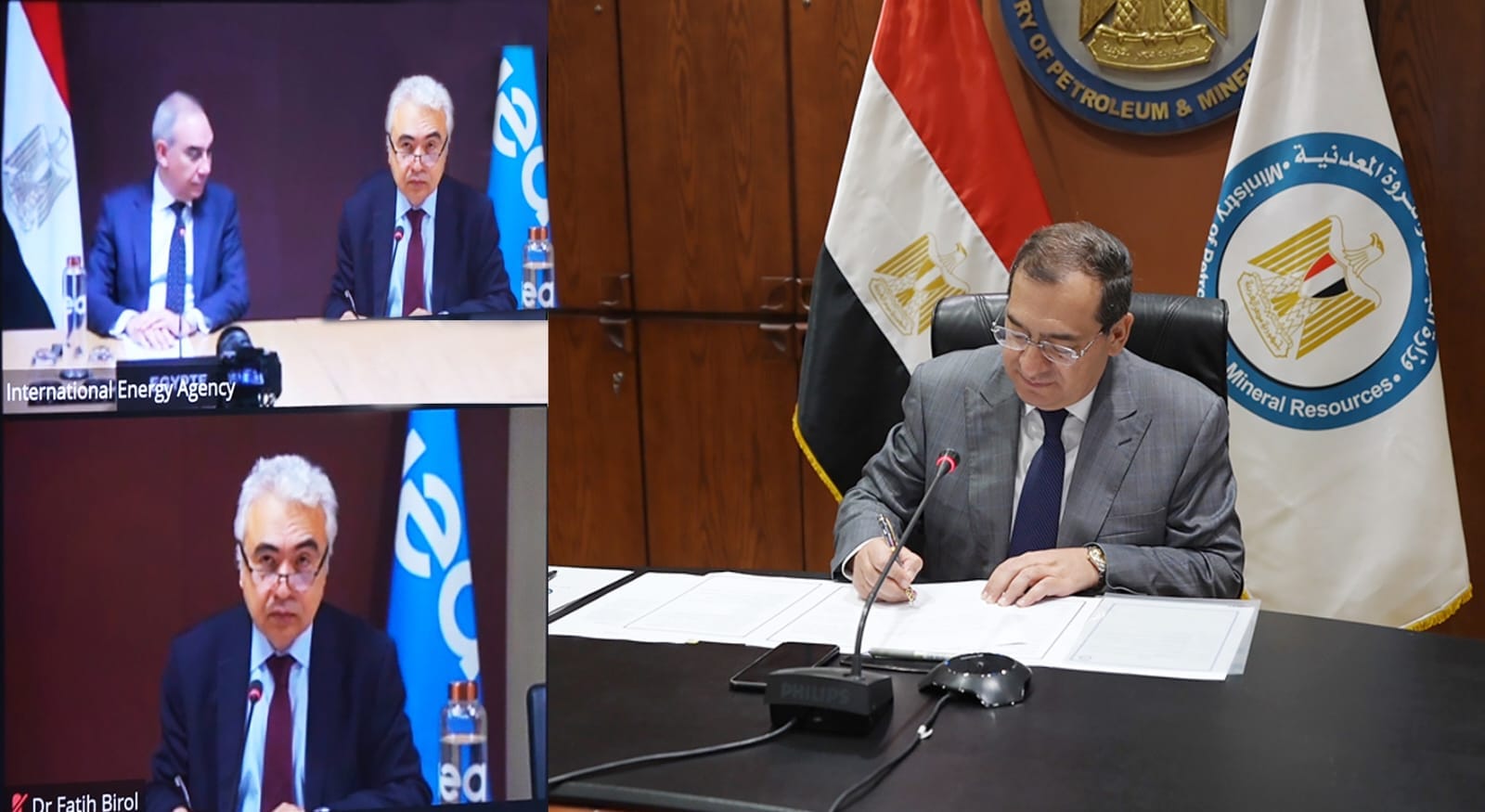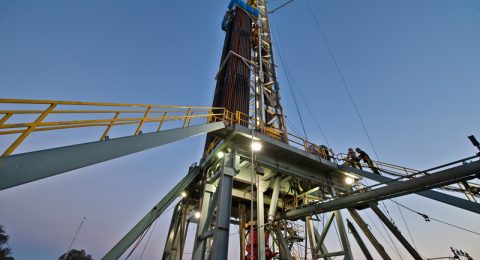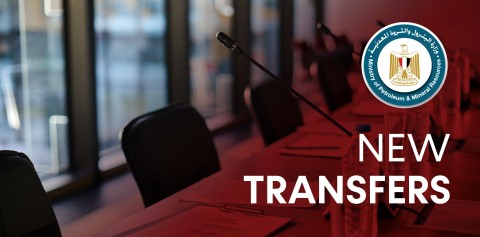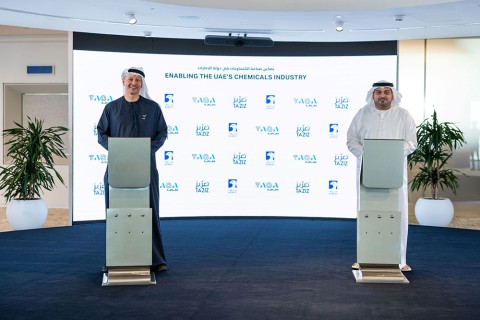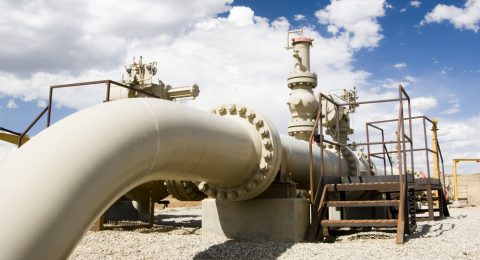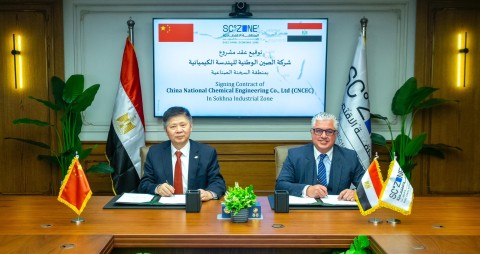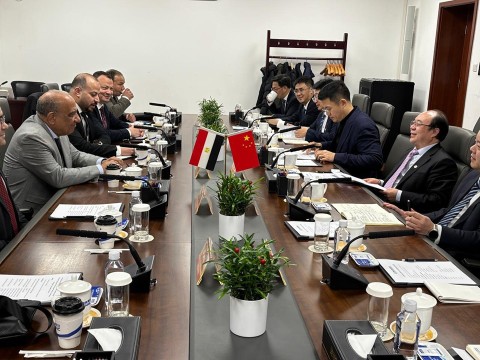Minister of Petroleum and Mineral Resources Tarek El Molla has signed a program with the Executive Director of the International Energy Agency (IEA) Fatih Birol to work together in supporting the transition to a low carbon economy in Egypt and diversify the energy mix through production from renewable resources.
The program includes six primary fields which are preparing models and supporting carbon removal programs and plans, efforts to expand the production of renewable energy and hydrogen, and supporting statistical data analysis capabilities and the sustainability of data provision in the energy sector. It also includes improving energy efficiency, carbon reduction, and studying the impact of climate change on the energy sector. Additionally, both sides agreed to give priority to training and capacity building programs.
During the signing ceremony that took place via video conference, El Molla stressed that Egypt recognizes the importance of its role in the East Mediterranean region. He added that it was the first to call for availing energy and guaranteeing the right of peoples to develop their natural resources as a way of cooperation among all as well as being an opportunity for rapprochement under the umbrella of the East Mediterranean Gas Forum.
He added that the current wars have shown what it can bring and its impact on supply chains, especially energy, the main driver of development.
Also, the minister referred to the necessity of cooperation between the Egyptian government and IEA in the emissions reduction and acceleration of producing from new and renewable resources and hydrogen.
For his part, Birol underlined the importance of cooperation between the parties, appreciating the important role of the political leadership and Egyptian government during the ongoing Palestinian crisis. He also invited the minister to attend the IEA’s Golden Jubilee celebration marking the 50th anniversary of its establishment in February 2024 in Paris.
It is worth noting that Egypt joined the agency as an associate member in 2022 and is considered the second country in the Middle East and North Africa (MENA) region to join as an associate member.
